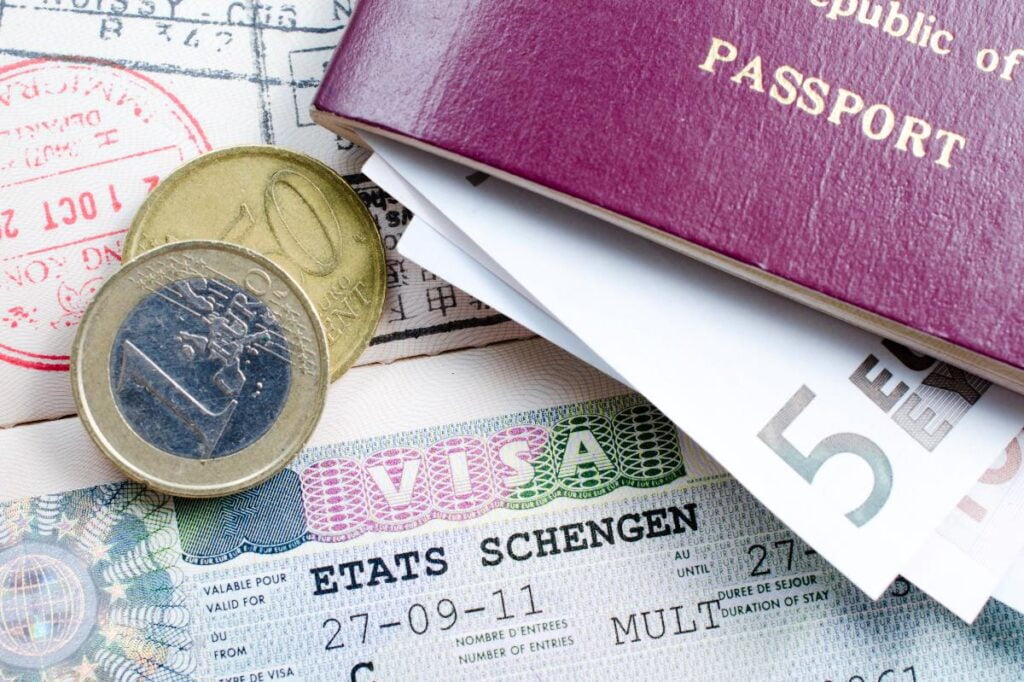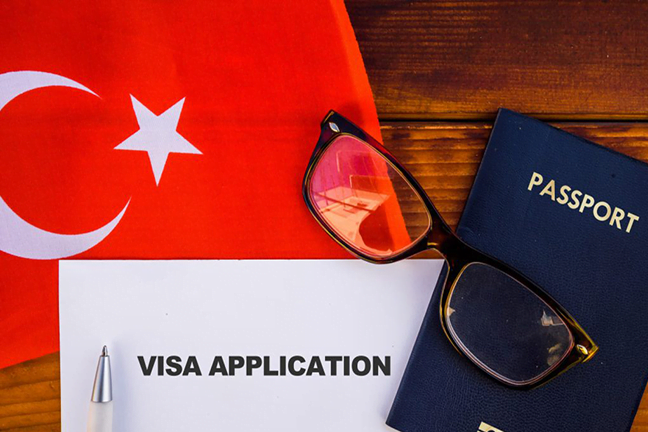An inadmissible passenger, also known as a denied boarding passenger, is a person who is not allowed to board an aircraft or enter Turkey due to immigration or security reasons.
Reasons for inadmissibility in Turkey can vary, but some common reasons include not having a valid travel document, a criminal record, being on a government watch list, or being deemed a security threat.
In Turkey, the Directorate General of Migration Management is the main authority responsible for assessing the admissibility of travelers. Before boarding an aircraft, airlines will check the passenger’s travel documents and compare them to the relevant immigration and security databases to determine their admissibility. If a passenger is found to be inadmissible, the airline must deny them boarding.
It’s worth to mention that Turkey implemented a strict visa policy for many countries, travelers need to have a valid visa before arriving in Turkey and must meet specific criteria to obtain it. This include having a good financial standing, having a place to stay, having a valid reason to visit, having a valid return ticket, etc.
To avoid being classified as an inadmissible passenger, travelers should:
- Ensure that their passport is valid, and that they have any required visas or entry permits before arriving in Turkey.
- Check the immigration and security requirements of Turkey, and be aware of any specific requirements or restrictions that may apply to them as a traveler.
- Disclose any past criminal convictions or issues, and check the specific requirements and restrictions that may apply to them.
- Research the country they’re going to visit, and check the specific regulations and laws they have regarding denied boarding or entry.
If a traveler is classified as an inadmissible passenger, they will be denied boarding, and will be given a document known as an Inadmissibility Report, which states the reason for their denial of boarding. They may also be responsible for arranging for their return to their country of origin.
If a traveler believes they have been incorrectly classified as an inadmissible passenger, they have the right to appeal the decision. They can do this by submitting a request for a review to the relevant immigration or security agency, such as the Directorate General of Migration Management. However, the process and outcome of the appeal will vary based on the agency and the reasons behind the inadmissibility.
It’s important to note that the process of appealing a decision of inadmissibility can be complex and time-consuming, and it’s recommended that the traveler seeks legal or professional advice to ensure that their appeal is properly prepared and submitted.
In general, as a passenger, you should be aware of the immigration and entry requirements of Turkey, have all the necessary travel documents, and make sure to comply with the security measures. Also, it’s important to disclose any past criminal convictions or issues, and research the country you’re going to visit, and check the specific regulations and laws they have regarding denied boarding or entry. And also, it’s important to seek legal or professional advice if you think you may have issues with the immigration or security authorities.
It’s important to keep in mind that being classified as an inadmissible passenger can cause significant inconvenience and disruption to a passenger’s travel plans, and it’s in your best interest to take the necessary steps to minimize the risk of being denied boarding or entry.
In conclusion, an inadmissible passenger, also known as a denied boarding passenger, is a person who is not allowed to board an aircraft or enter Turkey due to immigration or security reasons. To avoid being classified as an inadmissible passenger, travelers should ensure that their passport is valid, have all the necessary travel documents, check the immigration and security requirements of Turkey, and disclose any past criminal convictions or issues. If a traveler is classified as an inadmissible passenger, they have the right to appeal the decision, however, the process can be complex and time-consuming, and it’s recommended to seek legal or professional advice before submitting the appeal.





